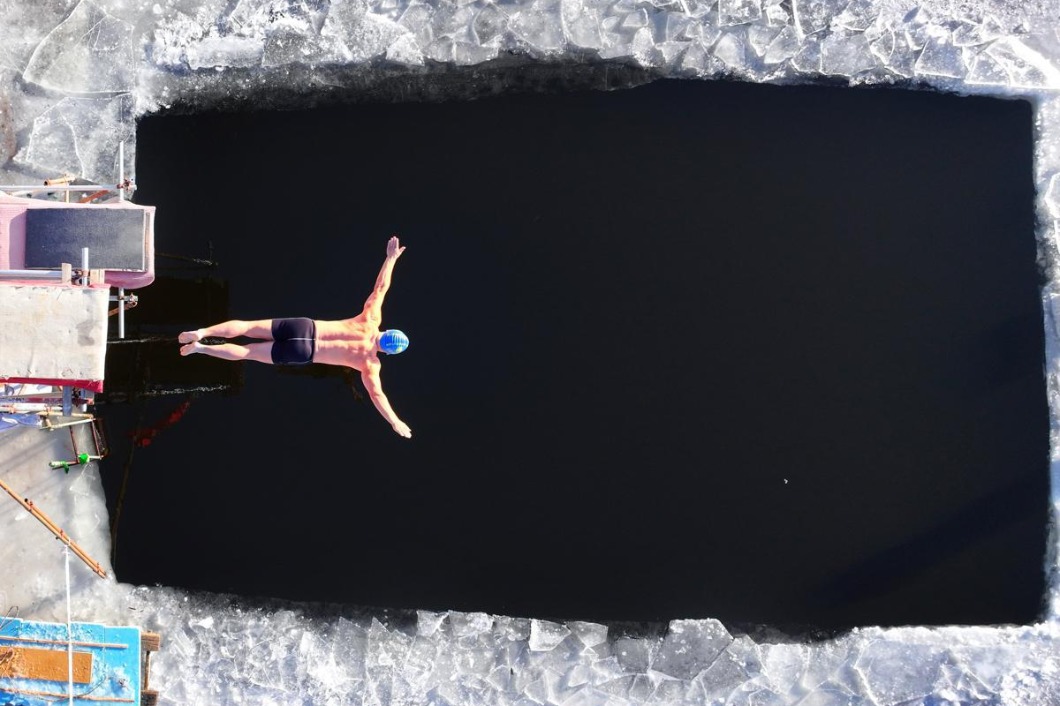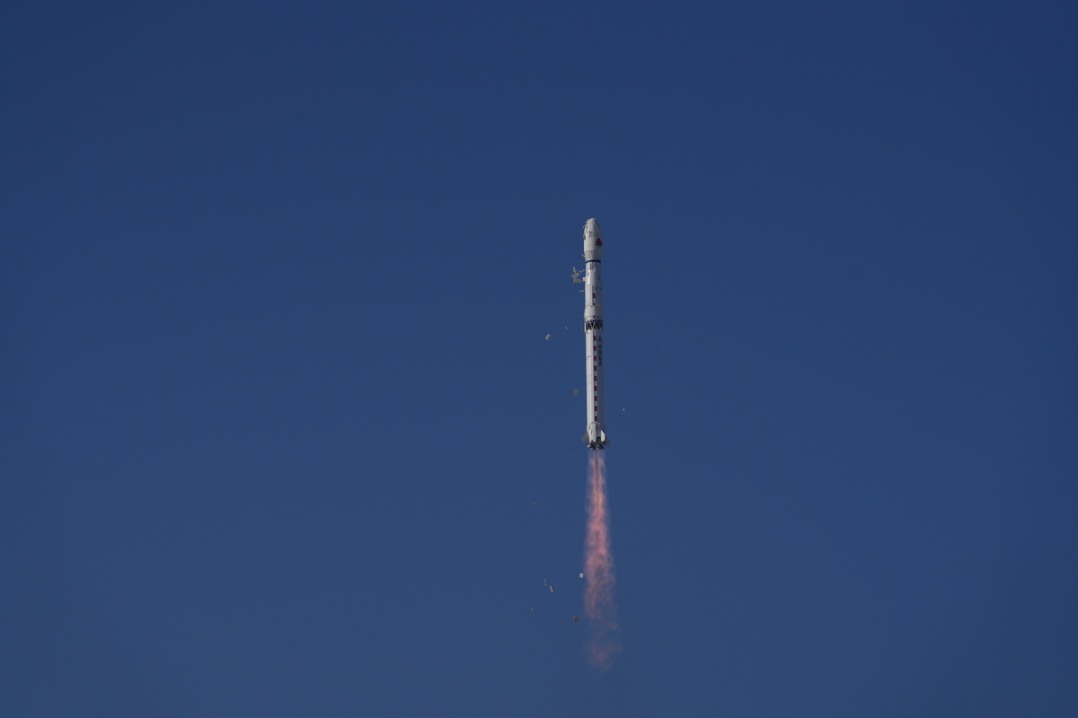China, Russia to research life, resources in deep sea

Scientists from Russia and China will cooperate in the exploration of marine life and mineral resources in the deep sea, particularly in the Arctic region, Andrei Adrianov, vice-president of the Russian Academy of Sciences, said at a news conference on Wednesday.
"China and Russia both attach great importance to deep-water research," he said, adding that Chinese scientists will join Russia's Arctic expedition team this year.
The Arctic has some unique seas near Russia with rich biological resources, and researchers from the two countries will target some deep-sea species such as krill and other deep-water fish in their studies, he said.
However, Adrianov said, scientists will first need to figure out the specific area that can be influenced by human activity and which should be protected.
Adrianov, together with the academy's president, Alexander Sergeev, recently paid a visit to subsidiaries of the Chinese Academy of Sciences and attended a symposium last week on deep-sea exploration of the world oceans at the Institute of Deep-sea Science and Engineering in Sanya, Hainan province.
Both sides shared their recent findings in marine biological and geological studies and exchanged their experiences and new technologies used in marine research.
China has made several dives into the Mariana Trench in the western Pacific Ocean and plans to invite Russian researchers to go along to probe marine life, geological features and minerals. Russian researchers also plan to host their Chinese counterparts in further exploration of the deep-sea volcanoes they have discovered, Adrianov said.
Russian scientists have also created a digital bank of marine species living in the Arctic and are willing to share the information with their Chinese counterparts, he said.
Sergeev said the two countries are working on a project to put at least two unmanned submersibles - one developed by China and the other from Russia - to work in the deep sea.
"We have seen automatic, unmanned submersibles in Sanya that can work independently for a long time underwater, and China also owns advanced equipment to probe the Mariana Trench, so we have suggested to our Chinese colleagues that we test both our unmanned submersibles in areas such as Vladivostok.
"It is well worth trying because teamwork by unmanned drones, whether under the sea or in space, will surely become a technological trend," he said.
- Former senior official of Ningxia sentenced to death
- Development program narrows urban-rural gap in Guangdong
- Wuxi Winter Bazaar creates cross-cultural gathering
- Expressway service area featuring a natural hot spring to open soon in Guangdong
- Former Ningxia political advisor sentenced to death for bribery
- Former senior official of Jiangxi expelled from CPC





































